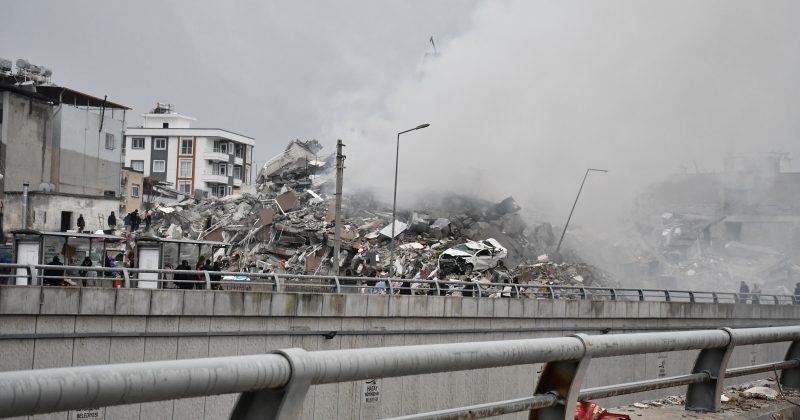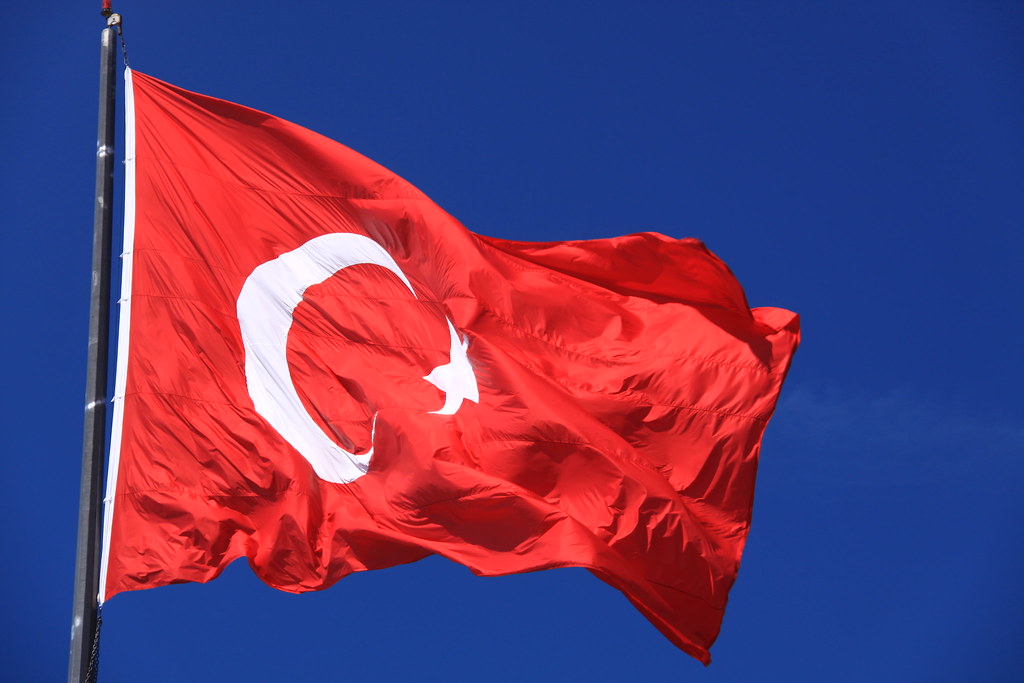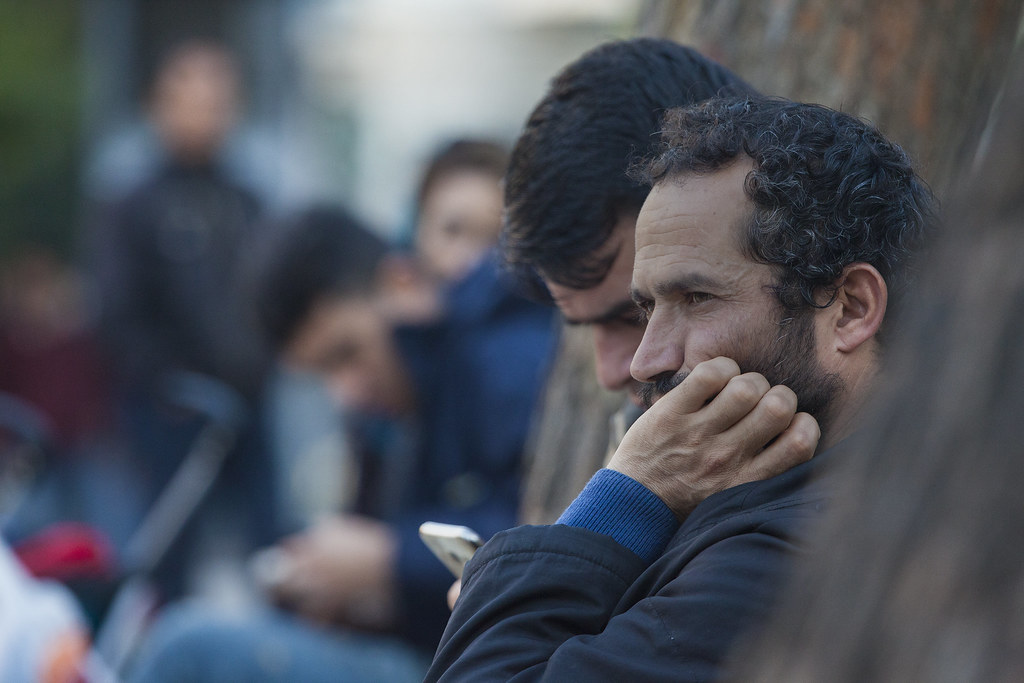
Voices from the Turkish Rubbles: From Natural Disaster to Humanitarian Crisis
By Guest Writer Ayush Singh and Yuvraj Mathur
The earthquake that rocked Turkey in 2020 not only caused widespread catastrophe and loss of life but also resulted in a severe human rights crisis. Beyond the fundamental right to life, the disaster infringed upon other fundamental rights, including the right to privacy, a healthy environment, property, education, and housing. Inopportunely, the Turkish government's response to the earthquake was inadequate, exacerbating the suffering of vulnerable populations and leaving them exposed to the rudiments. This article explores how the earthquake in Turkey turned from a natural disaster into a humanitarian crisis and sheds light on the Turkish government's derelictions in managing the repercussion of the disaster.
The earthquake laid bare a severe deficiency in the enforcement of building regulations in the country. The 6.6 magnitude earthquake wreaked havoc in the western Turkish province of Izmir, causing significant damage to infrastructure and resulting in a considerable loss of life. The aftermath of the disaster exposed the...




